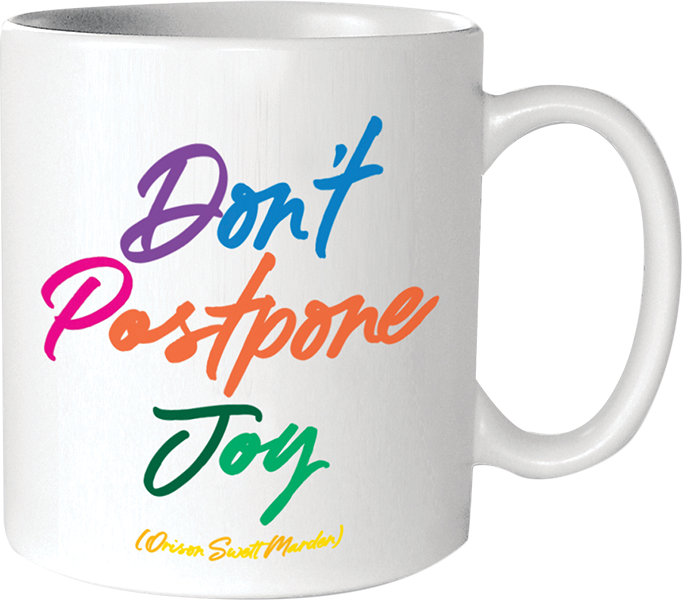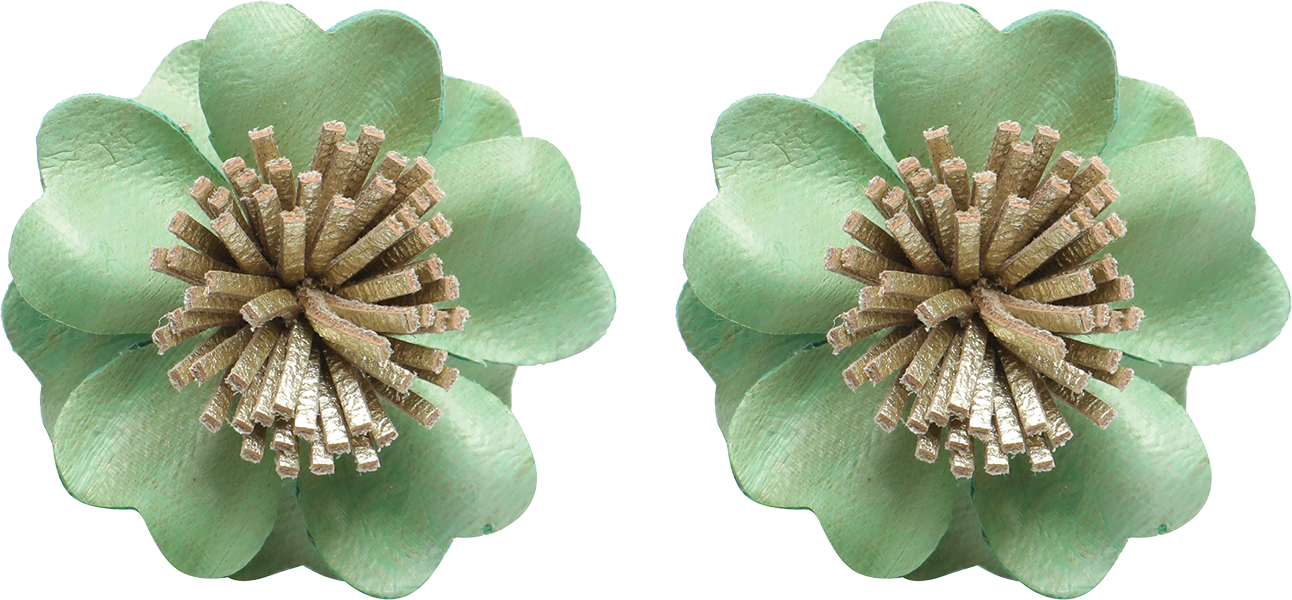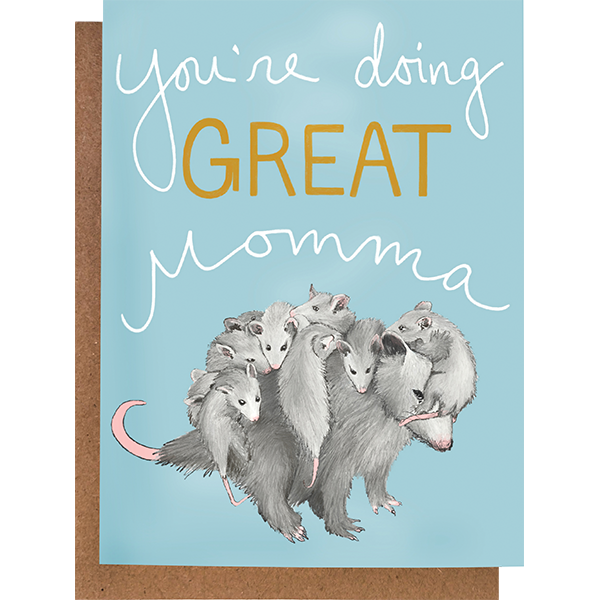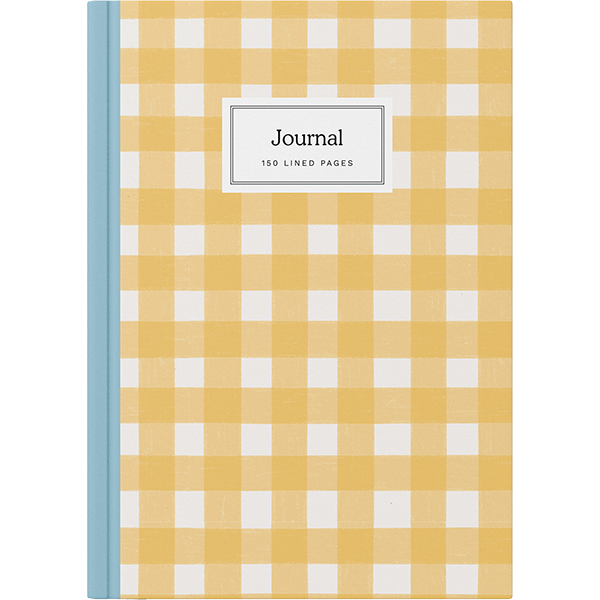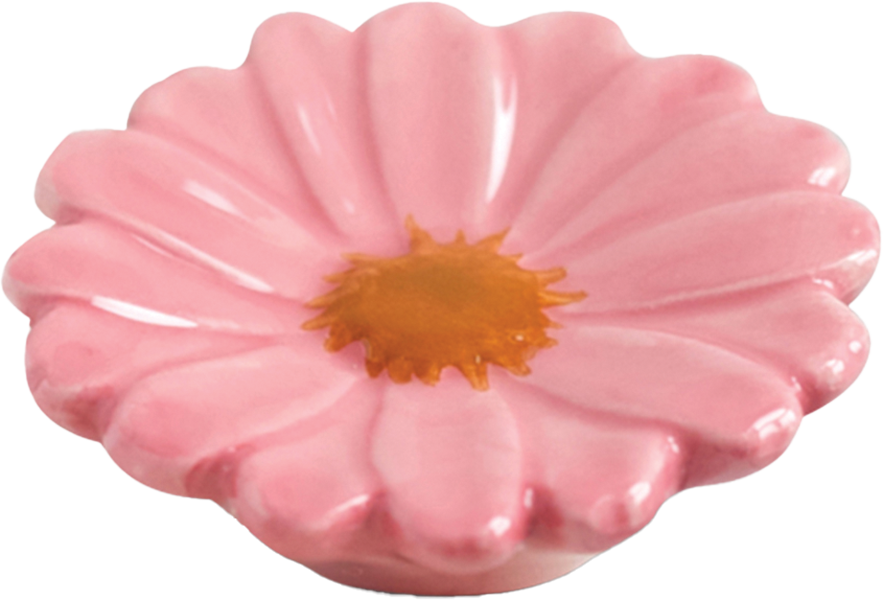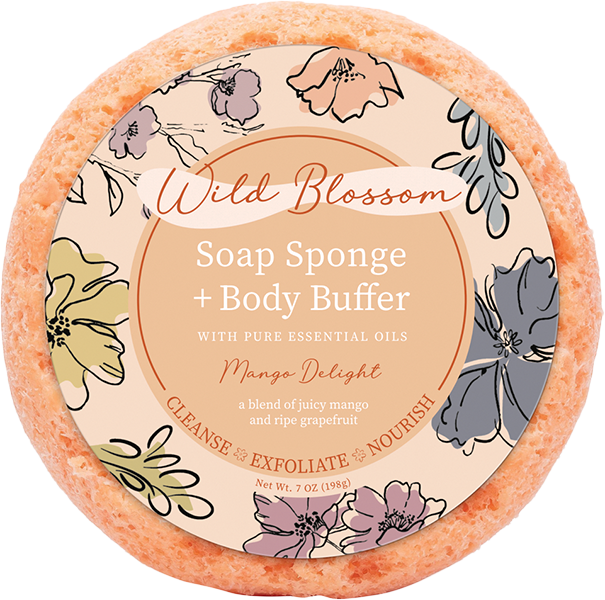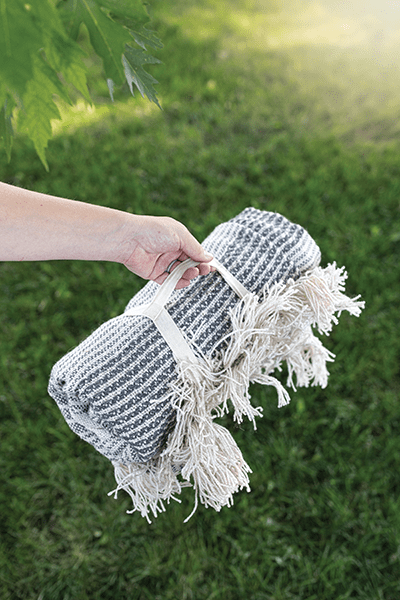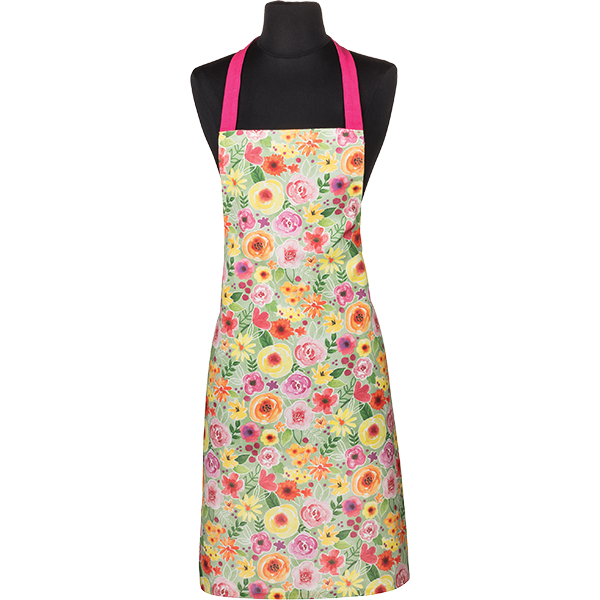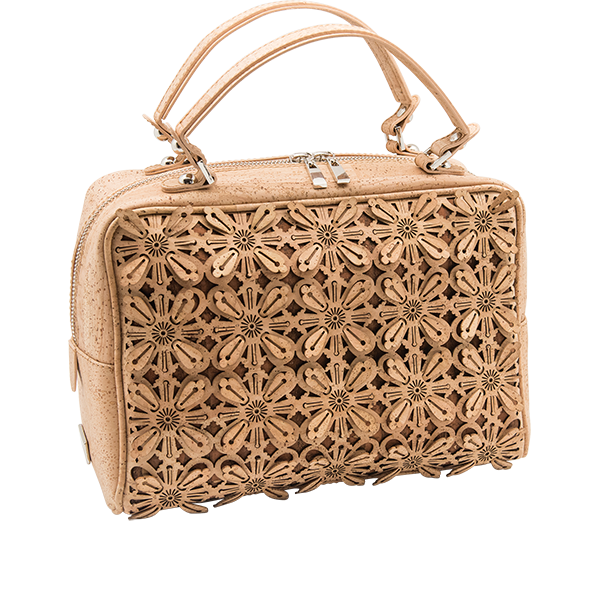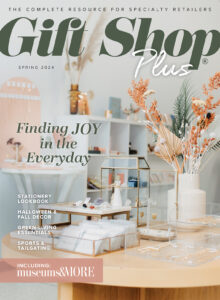The Gift-Card Economy
Mother’s Day is coming up. Which do you think Mom would enjoy more—a day-spa gift certificate that expires at the end of June, or an otherwise identical gift certificate that expires a year from now?
The answer is obvious. Longer is better, of course. Mom will have a higher chance of making it to the spa if she has a whole year to find a convenient time.
Perfectly logical—and probably wrong. Mom might actually be happier with a shorter-lived gift card, new social-science research suggests, because she’d be more likely to use it. Paradoxically, people don’t put off only unpleasant tasks like doing taxes or cleaning out the garage. They also procrastinate on enjoyable experiences like going to the spa. Tight deadlines can force people not only to get work done (or to make that Mother’s Day phone call) but to have fun as well.
“While individuals given a longer time frame are more positive about and expect to be more likely to complete an enjoyable task, they are actually less likely to do so,” the behavioral economists Suzanne B. Shu and Ayelet Gneezy write in an article under review at the Journal of Marketing Research.
Their research belongs to a relatively new application of behavioral economics: looking at situations in which people seem to exercise too much self-control, rather than too little. In an economic environment where shopping seems like a sin, this research provides clues that could help businesses attract customers. It even suggests that some of the manipulations designed to lure our dollars may redound to our own good.
Behavioral economists, whose work combines the techniques and ideas of economics and psychology, have long focused on what Thomas Schelling, the 2005 Nobel laureate, called the “intimate contest for self-command”—the all-too-familiar inner conflict between the would-be disciplined self who wants to get up early, exercise, and lose weight and the pleasure-seeking self who prefers to sleep in, watch TV, and eat chocolate. These two selves, Schelling noted, don’t necessarily exist at the same time. The disciplined self imagines future virtues, while the pleasure-seeking self succumbs to present urges. “If the person could make the final decision about that action at the earlier time, precluding a later change in mind,” Schelling wrote in 1983, “he would make a different choice from what he knows will be his choice on that later occasion.” (See “First Person Plural,” by Paul Bloom, in the November 2008 Atlantic.)













